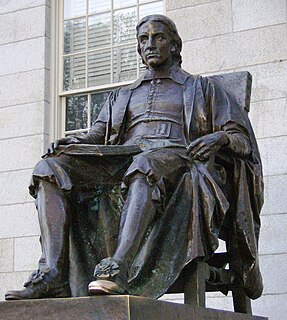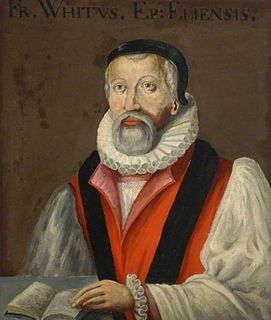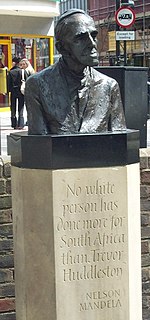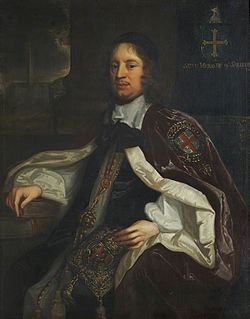Life
Dormer, whose real name was Huddleston, was a son of Sir Robert Huddleston, knight. According to his own statement he was born in the village of Cleovin (Clavering?), Essex, on 27 December 1636, and brought up in London until his twelfth year, when he was sent to the College of St. Omer. Later he entered the English College, Rome, on 6 September 1665. He left that institution to join the novitiate at Bonn in 1656, and in 1673 he became a professed father of the Society of Jesus. He was generally known by the name of Dormer, but he occasionally assumed the alias of Shirley.

Clavering is a village and also a parish in north-west Essex in England. The name 'Clavering' means 'place where clover grows'.

Essex is a county in the south-east of England, north-east of London. One of the home counties, it borders Suffolk and Cambridgeshire to the north, Hertfordshire to the west, Kent across the estuary of the River Thames to the south, and London to the south-west. The county town is Chelmsford, the only city in the county. For government statistical purposes Essex is placed in the East of England region.

The Venerable English College, commonly referred to as the English College, is a Catholic seminary in Rome, Italy, for the training of priests for England and Wales. It was founded in 1579 by William Allen on the model of the English College, Douai.
Contents
In 1678 he was serving on the Lincolnshire mission at Blyborough. James II had a high regard for him, and appointed him one of the royal preachers at the court of St. James. On the outbreak of the Glorious Revolution in 1688 he left for the continent, was chosen rector of the College of Liège, and held that office till 23 April 1691. George Oliver stated that he died at Liège on 27 January 1700, but the catalogue of deceased members of the society records his death as occurring in London on 16–26 January 1700.
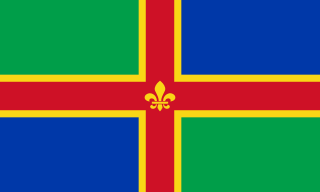
Lincolnshire is a county in eastern England, with a long coastline on the North Sea to the east. It borders Norfolk to the south east, Cambridgeshire to the south, Rutland to the south west, Leicestershire and Nottinghamshire to the west, South Yorkshire to the north west, and the East Riding of Yorkshire to the north. It also borders Northamptonshire in the south for just 20 yards (19 m), England's shortest county boundary. The county town is the city of Lincoln, where the county council has its headquarters.

Blyborough is a village and civil parish in the West Lindsey district of Lincolnshire, England. The population of the civil parish at the 2011 census was 115. It lies on the B1398 road, 9 miles (14 km) east from Gainsborough, 16 miles (26 km) north from Lincoln and 3 miles (5 km) south from Kirton Lindsey.

The Glorious Revolution, or Revolution of 1688 was the November 1688 deposition and subsequent replacement of James II and VII as ruler of England, Scotland and Ireland by his daughter Mary II and his Dutch nephew and Mary's husband, William III of Orange. The outcome of events in all three kingdoms and Europe, the Revolution was quick and relatively bloodless, though establishing the new regime took much longer and led to significant casualties. The term was first used by John Hampden in late 1689.
